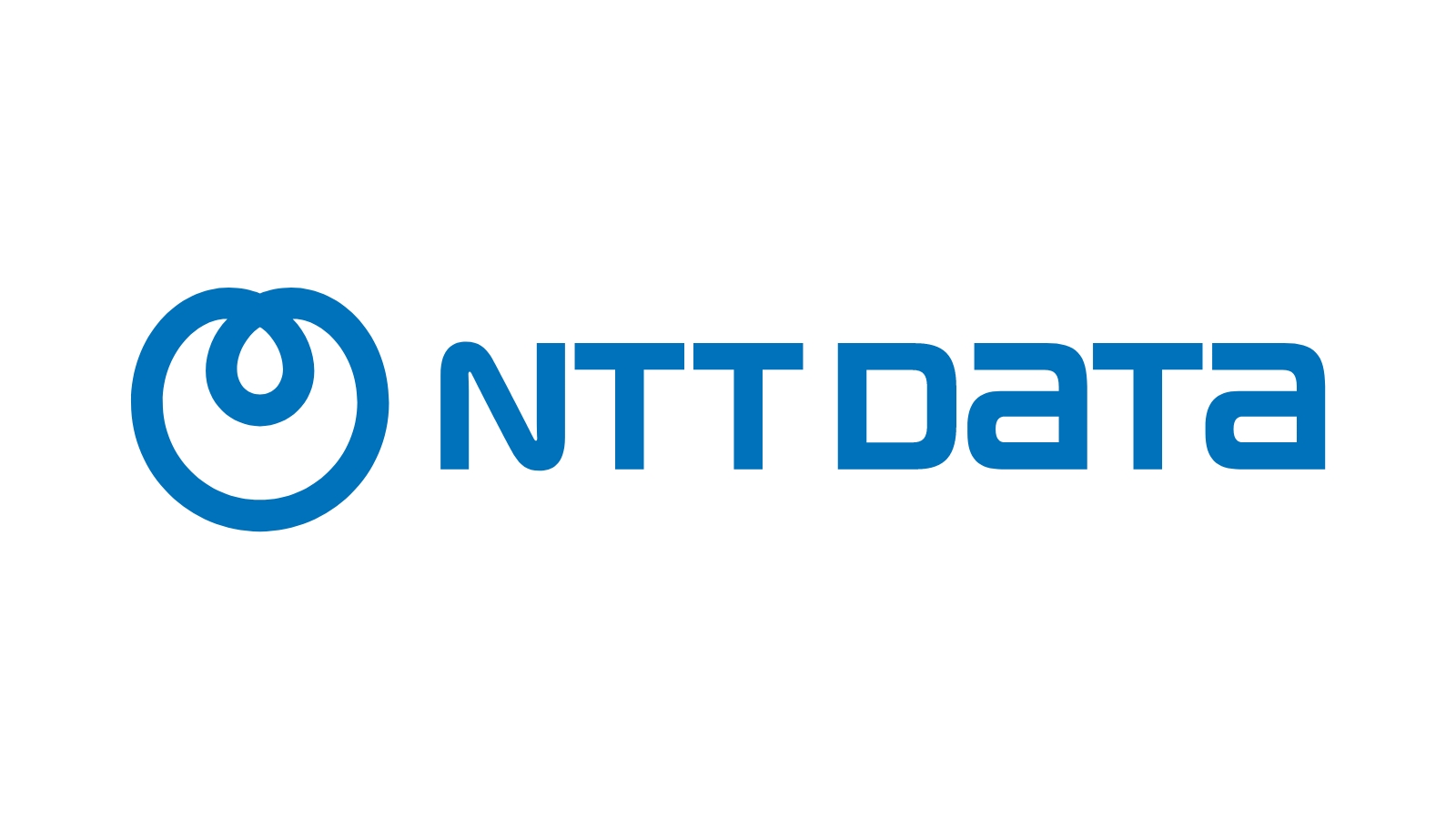Empowering the agentic era of AI
NTT Data helps businesses scale innovation responsibly through secure infrastructure and industry-aware AI ecosystems.

NTT Data collaborated with the World Economic Forum across four key platforms at the recent Summer Davos in Tianjin, China. Photos: World Economic Forum and NTT Data

This audio is generated by an AI tool.
The World Economic Forum’s (WEF) Summer Davos, held in Tianjin, China in June, centred on the theme, Entrepreneurship for a New Era – a reflection of how artificial intelligence (AI) and other new technologies are changing the way we live, work and lead.
As part of the programme, global IT provider NTT Data partnered with WEF across four collaborative platforms: Advanced manufacturing and supply chains, nature and climate, urban transformation and the fourth industrial revolution. These initiatives bring together leaders from business, government and civil society to accelerate progress in areas such as decarbonisation, climate action, urban resilience and responsible technology use.
At a session titled Building an Agentic Economy, Mr John Lombard, CEO of NTT Data (Asia Pacific), spoke about how AI agents are enhancing productivity and reshaping business operations.
“Agentic AI is the next big step, beyond automation and even generative AI (GenAI),” he said. “In sectors like manufacturing, logistics and financial services, we’re seeing a shift from manual, disconnected processes to smart systems that can manage complexity, make decisions and collaborate across organisations.”
This change is already underway. With secure systems and deep domain expertise, NTT Data is enabling enterprises to put intelligence into action – responsibly and at scale.
ENABLING SMARTER, MORE RESILIENT ECOSYSTEMS

Mr Lombard underscored the importance of a solid foundation when deploying AI – particularly agentic systems – in fast-paced, complex environments. NTT Data takes a sector-led approach across industries such as government, banking, automotive, retail, telecoms, manufacturing, real estate and healthcare. Each engagement begins with systems designed for performance and security, tailored to the demands of the sector. “Our end-to-end services support the entire lifecycle – from planning and design to management – across hybrid cloud, edge and on-premises environments,” said Mr Lombard.
As enterprises increasingly adopt autonomous AI agents to keep pace with evolving business demands, NTT Data has launched its trademarked Smart AI Agent Ecosystem – a full-stack solution featuring industry-specific agents that delivers measurable impact, tailored to the unique needs and complexities of each sector.
To introduce AI agents into legacy environments, enterprises can take two routes: Redesign workflows to embed autonomous, goal-driven decision-making; or integrate AI agents into existing systems to boost efficiency and responsiveness.
The Smart AI Agent Ecosystem supports both. For organisations seeking a fast, low-disruption approach, NTT Data offers a patented plug-in that upgrades existing robotic process automation bots into intelligent agents.
“We provide the tools and expertise to build intelligent, adaptive and autonomous workflows from the ground up,” said Mr Lombard. “In addition, our smart licensing models ensure that innovation spending is tied to business value.”
This adaptability stems from NTT Data’s understanding of the industries it serves, enabling human-centric and responsibly developed solutions. Mr Lombard pointed to manufacturing as one example, where NTT Data delivers an agile supply chain solution powered by a blend of traditional AI, agentic AI, the Smart AI Agent Ecosystem and its proprietary Syntphony Autonomous Supply Chain platform.
In an agile supply chain, intelligent agents handle repetitive processes – such as demand forecasting, inventory management, as well as logistics and fulfilment – and quickly adapt to disruptions, which reduces decision pressure and eases employees’ workloads. At the same time, human teams remain in control, supported by real-time data and AI-driven recommendations. People remain central to the process, with features like human-in-the-loop enabling AI to learn and evolve through ongoing human input.
This delivers outcomes far beyond what static, rule-based automation can achieve. “The result is a supply chain that’s efficient, collaborative, adaptive and built around people,” said Mr Lombard.
SECURING TRUST IN AI DEPLOYMENT

As AI becomes central to decision-making, companies must prioritise secure and ethical implementation from the outset. Yet regulatory uncertainty remains a challenge: NTT Data’s AI Responsibility Gap Report found that eight in 10 leaders view generative AI rules as unclear, limiting innovation and increasing compliance risks.
Adoption is also slowed by fragmented, legacy-heavy systems. Outdated infrastructure often cannot support technologies like GenAI, edge AI or private 5G. Batch-based processes and technical debt further limit speed and scalability.
Data readiness is another major stumbling block. Information is often siloed across departments and legacy platforms, while poor data quality makes real-time, trusted decision-making harder to achieve.
Mr Lombard cautioned against rushing AI adoption without first addressing the underlying infrastructure. “Agentic AI can’t function at scale unless it has access to accurate, real-time data to make decisions, collaborate and deliver outcomes,” he said.
To support safe and compliant AI use, NTT Data offers a unified cybersecurity strategy covering 15 standardised technology domains – from advisory and integration to managed detection and response, as well as crisis management. All AI and edge deployments incorporate threat intelligence, compliance measures and emerging tools like post-quantum cryptography and proprietary AI models.
Moreover, NTT Data deploys new AI tools internally before rolling them out to clients, allowing it to validate governance, security and performance in real-world conditions. “This hands-on approach allows us to build, scale and manage AI platforms with proven impact, in turn enabling organisations to innovate with confidence,” said Mr Lombard.
Learn more about NTT Data’s human-first approach to innovation and collaboration in the age of AI.















